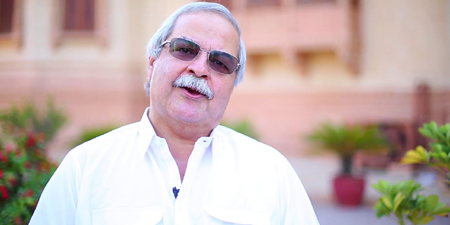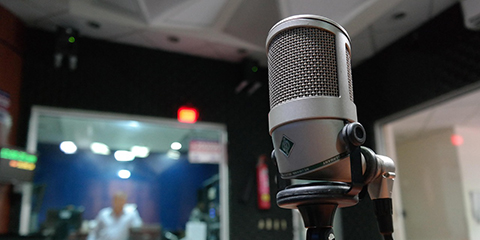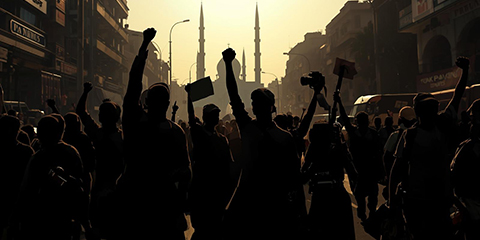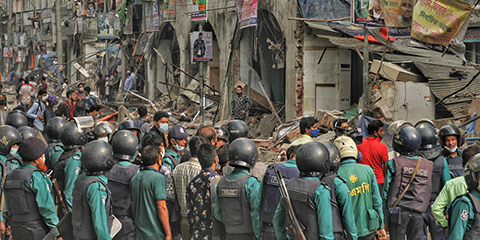APNS objects to formation of Pakistan Media Regulatory Authority
JournalismPakistan.com | Published 6 years ago
Join our WhatsApp channel
KARACHI - Hameed Haroon (pictured), President of All Pakistan Newspapers Society (APNS), and Sarmad Ali, Secretary General have expressed concern over the formation of the Pakistan Media Regulatory Authority (PMRA) and termed it as the most regressive measure against the media.
They stated that the existing media laws namely - Press Council Ordinance, Press Newspapers, News Agencies, and Books Registration Ordinance and the Pakistan Electronic Media Regulatory Authority (PEMRA) enacted after dialogue and consultation by the government with the media bodies, are now being annulled.
The proposed PMRA is being formed without any consultation with the stakeholders despite firm assurances by Iftekhar Durrani, Special Assistant to the Prime Minister on Media and Information Minister Fawad Chaudhry.
The APNS office-bearers stated that it would be impractical to bring print and electronic, i.e., TV, radio, social and digital media under one regulatory authority.
The broadcast and digital media can be brought under one umbrella but print media being different, and format, and issues arising thereof, cannot be lumped with them. Even, in developing countries, print and electronic media are treated separately.
The APNS pointed out that the ministry of information has not provided the draft of the proposed PMRA but only disclosed some salient features of the new body.
These include a licensing system to control the media and composition of the authority to administer the media whereas the draconian teeth relating to terms of licensing and punishment of any breach have been concealed.
The APNS said it seems that the officials of the ministry of information have dug out the notorious PPO promulgated military dictator, General Ayub Khan from the dustbin of history and presented it with the new title which is not acceptable to the media in the country.
The APNS is of the considered opinion that the proposed licensing system and measure intended to tame, control and subjugate the media, are in gross conflict with Article 19 of the Constitution and the basic human rights.
The office-bearers also pointed out that after the 18th Amendment, any legislation about newspapers, books and printing presses has become an exclusive provincial subject and any attempt by the federal government to form such authority would be in contravention to the Constitution of Pakistan.
However, it noted that the federal government was trying to bring in e-papers of newspapers in the ambit of this authority and impose its draconian laws on print media indirectly by bypassing the Constitution.
The APNS has urged the federal government to ensure a meaningful dialogue and consultation with all the stakeholders in the media before setting up the proposed authority.
It also appealed to all democratic forces to raise their voice against the undemocratic and anti-people move of the government to safeguard the democratic norms in the country.
Photo: YouTube

























